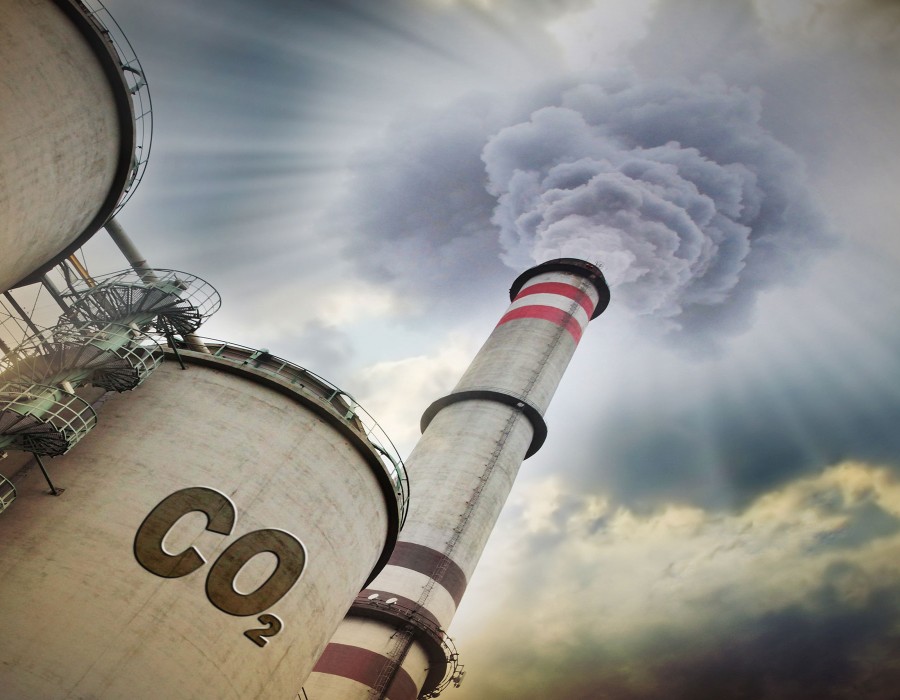Carbon dioxide (CO2) is a naturally occurring gas that plays a crucial role in Earth's atmospheric processes and the carbon cycle. However, when CO2 levels rise excessively, it becomes a harmful gas with significant negative impacts on the environment, human health, and the economy.
CO2 is a key greenhouse gas, which means it traps heat in the Earth's atmosphere. This greenhouse effect is essential for maintaining temperatures that support life, but excessive CO2 amplifies this effect, leading to global warming. Human activities, such as burning fossil fuels and deforestation, have dramatically increased CO2 concentrations, contributing to a rise in global temperatures.
In addition to its role in climate change, CO2 also causes ocean acidification. When Carbon dioxide dissolves in seawater, it forms carbonic acid, lowering the pH and making the ocean more acidic. This process harms marine life, particularly organisms with calcium carbonate shells or skeletons, such as corals and mollusks.
CO2 can also impact human health directly. High levels of CO2 in enclosed or poorly ventilated spaces can lead to poor air quality, causing symptoms like headaches, dizziness, and shortness of breath. In extreme cases, very high concentrations of CO2 can be fatal.
Economically, the impacts of excessive CO2 are profound. Climate change affects agricultural yields, livestock health, and the prevalence of pests and diseases, leading to food shortages and higher prices. Additionally, rising sea levels and extreme weather events cause significant damage to infrastructure, homes, and businesses, particularly in coastal areas.
In summary, while CO2 is a natural component of the atmosphere, its excessive accumulation due to human activities has far-reaching harmful effects. Addressing CO2 emissions is crucial to mitigate climate change, protect ecosystems, and ensure human health and economic stability.





Comments